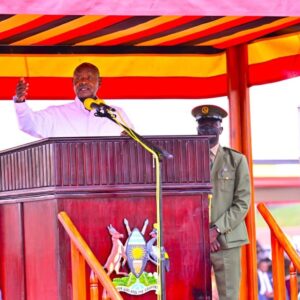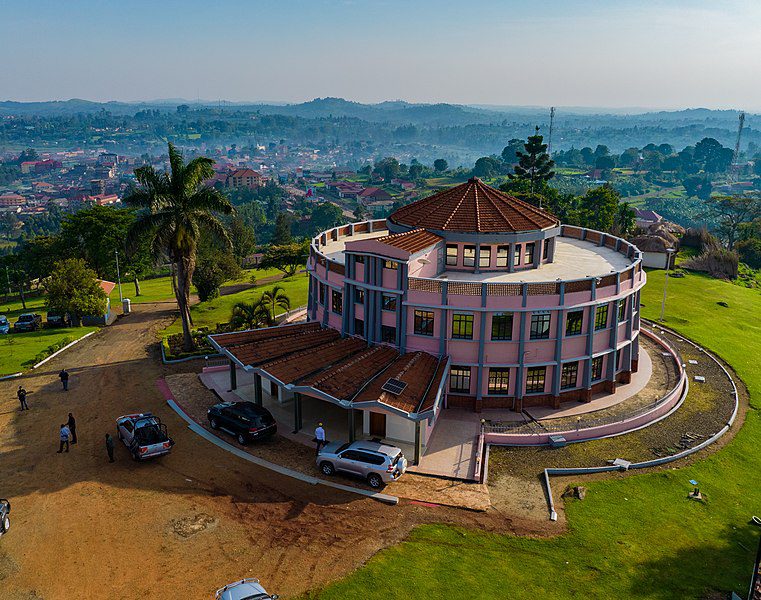As Uganda gears up for the 2026 general elections, the political scene is more dynamic than ever. The currents of change are palpable, with intriguing trends shaping the future of this East African nation.
Youthful Ambition Meets Political Realities
The most striking trend in Uganda’s political landscape is the surge of youth involvement. With over 75% of the population under 30, young Ugandans are not just the future; they are the now. This demographic is increasingly vocal, leveraging platforms like X, TikTok, and Instagram to amplify their political voices. Political parties are keenly aware, campaigning with digital strategies that resonate with this tech-savvy generation, indicating a shift towards a more digitally engaged electorate.
The Opposition’s Struggle and Resilience
Despite the dominance of the National Resistance Movement (NRM), opposition parties are mounting significant challenges. Leaders like Bobi Wine and Kizza Besigye, though facing legal and physical barricades, continue to rally support. Their resilience has sparked conversations about political freedom and the need for systemic change, energizing a grassroots movement that could influence the electoral outcome.
Constitutional Amendments and Electoral Reforms
The talk of constitutional review is back on the agenda, with key figures like Norbert Mao, now in government, pushing for reforms. These discussions include reinstating presidential term limits, reducing ministerial positions, and addressing the contentious issue of military involvement in politics. However, the effectiveness of these reforms remains to be seen, given the historical resistance to change from those in power.
Economic Concerns and Voter Sentiment
Economic issues are at the forefront of voter concerns. Uganda’s economic trajectory, especially with the looming influence of oil development, could play a pivotal role in swaying public opinion. The government’s handling of economic policies, job creation, and infrastructure development will be under scrutiny, as these directly affect the daily lives of Ugandans, particularly the youth.
The Role of Social Media in Shaping Discourse
Social media isn’t just a tool for youth engagement; it’s a battleground for political narratives. Posts on X reflect a mix of optimism, skepticism, and calls for accountability. There’s a noticeable trend of Ugandans using these platforms not just to follow politics but to actively participate in shaping political discourse, demanding transparency and real change.
What This Means for the Future
As we approach the elections, the question isn’t just who will win but how the political landscape will evolve. Will the youth’s push for change translate into votes? Can the opposition leverage this momentum? And how will the ruling party adapt to these new dynamics?
This evolving narrative of Ugandan politics is one to watch, not just for those within its borders but for anyone interested in the complexities of African politics. The 2025 political trend in Uganda is a testament to a nation at a crossroads, where every vote, tweet, and protest could steer the country towards a different future.







